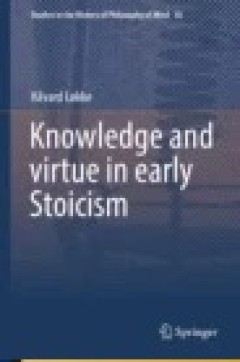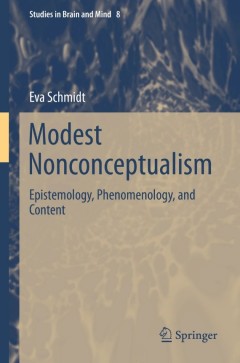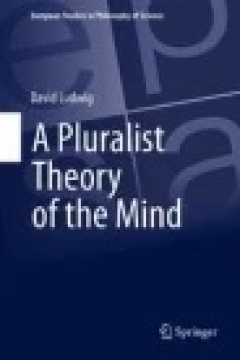Filter by

The Problem of Objectivity in Gadamer's Hermeneutics in Light of McDowell's E…
This book reassesses Gadamer’s hermeneutics by bringing it into a dialogue with John McDowell’s minimal empiricism. It employs the resources of McDowell’s minimal empiricism to address the transcendental and ontological presuppositions for objective experience and understanding, while retaining Gadamer’s emphasis on the historicity of understanding. By means of the dialogue with McDowel…
- Edition
- 1
- ISBN/ISSN
- 978-3-319-18648-1
- Collation
- Filsafat
- Series Title
- Contributions to Hermeneutics
- Call Number
- 100

The Dissolution of Mind: A Fable of How Experience Gives Rise to Cognition
This book presents an original thesis about the notion of sensory experience and of the mind’s architecture, which is grounded in current trends in cognitive science and philosophy of mind. Presented in the form of a dialogue, the book explores some of the psychological and philosophical consequences that the author derives from his proposal.
- Edition
- -
- ISBN/ISSN
- 9789042013704
- Collation
- -
- Series Title
- -
- Call Number
- -

What If We Don't Die? The Morality of Immortality
This book deals with the very real possibility of earthly immortality and the human and societal implications of such immortality, including whether it is desirable. It looks at what makes immortality appear so attractive and at the possibility that we would be better served with longer lives and the freedom to terminate our lives at the time when life has given us all the joy, inspiration a…
- Edition
- -
- ISBN/ISSN
- 978-3-319-19093-8
- Collation
- VIII, 183
- Series Title
- -
- Call Number
- -

Knowledge and virtue in early Stoicism
This book is about the epistemological views and arguments of the early Stoics. It discusses such questions as: How is knowledge possible, and what is it? How do we perceive things and acquire notions of them? Should we rely on arguments? How do we come to make so many mistakes? The author tries to give a comprehensive and conservative account of Stoic epistemology as a whole as it was devel…
- Edition
- -
- ISBN/ISSN
- 978-94-007-2153-1
- Collation
- -
- Series Title
- -
- Call Number
- -

Modest Nonconceptualism:Epistemology, Phenomenology, and Content
The author defends nonconceptualism, the claim that perceptual experience is nonconceptual and has nonconceptual content. Continuing the heated and complex debate surrounding this topic over the past two decades, she offers a sustained defense of a novel version of the view, Modest Nonconceptualism, and provides a systematic overview of some of the central controversies in the debate. An expli…
- Edition
- 1
- ISBN/ISSN
- 978-3-319-18901-7
- Collation
- xi, 268
- Series Title
- Studies in Brain and Mind
- Call Number
- -

A Pluralist Theory of the Mind
This book challenges common debates in philosophy of mind by questioning the framework of placement problems in contemporary metaphysics. The author argues that placement problems arise when exactly one fundamental ontology serves as the base for all entities, and will propose a pluralist alternative that takes the diversity of our conceptual resources and ontologies seriously. This general plu…
- Edition
- Ed. 1
- ISBN/ISSN
- 978-3-319-22738-2
- Collation
- -
- Series Title
- European Studies in Philosophy of Science
- Call Number
- 530.01 LUD p
 Computer Science, Information & General Works
Computer Science, Information & General Works  Philosophy & Psychology
Philosophy & Psychology  Religion
Religion  Social Sciences
Social Sciences  Language
Language  Pure Science
Pure Science  Applied Sciences
Applied Sciences  Art & Recreation
Art & Recreation  Literature
Literature  History & Geography
History & Geography